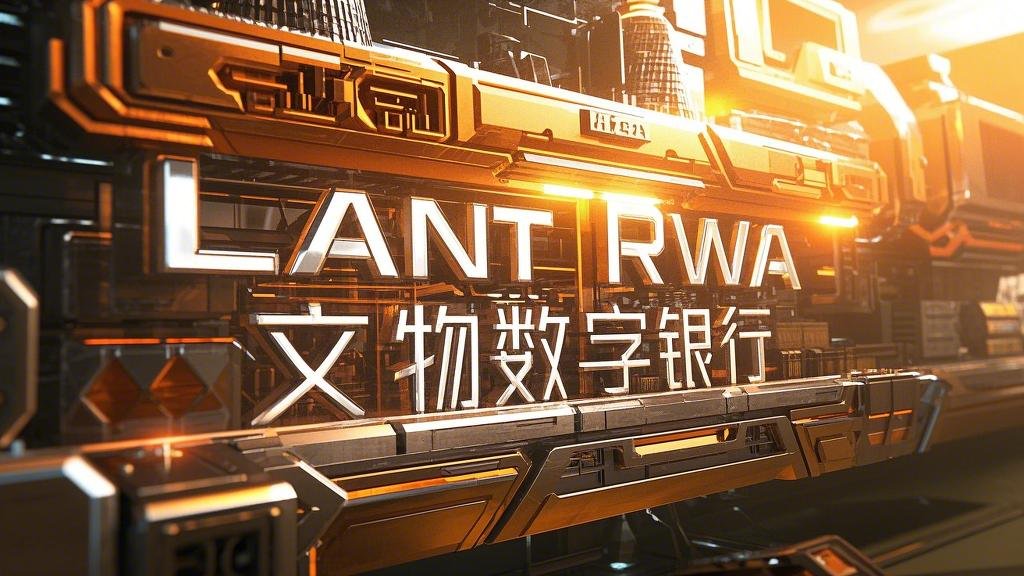Boerse Stuttgart Digital Custody became Germany’s first fully licensed crypto asset service provider under the EU’s MiCA framework, just two weeks after it came into full effect.

Boerse Stuttgart Digital Custody became Germany’s first crypto asset service provider to receive a full license under the European Union’s new Markets in Crypto-Assets Regulation (MiCA).
Boerse received a Europe-wide license as part of the firm’s efforts to become a regulated infrastructure provider for banks, brokers and asset managers.
The company was granted the license on Jan. 17 by Germany’s Federal Financial Supervisory Authority, known as BaFin.
Bernd Stockmann, head of group communications at Boerse Stuttgart Group, confirmed the achievement in an email to Cointelegraph.
“We can confirm that we received an official Authorisation from BaFin to provide crypto asset services. We received the license this morning,” he stated.
The license approval comes about two weeks after the implementation of MiCA, the world’s first comprehensive regulatory crypto framework, which went into full effect for crypto-asset service providers on Dec. 30, 2024.
Related: 20% of Gen Z, Alpha sees crypto as retirement alternative: Report
MiCA introduces overregulation concerns for crypto retail investors
While MiCA is seen as a net positive for global crypto regulations, industry watchers are concerned over a potential regulatory overreach.
While the regulation is a significant step toward a more mature industry, it also seeks to identify the “weak points of control” in the crypto space, which could mean more scrutiny for retail investors and the end-users of crypto platforms, according to Dmitrij Radin, the founder of Zekret and chief technology officer of Fideum, a regulatory and blockchain infrastructure firm focused on institutions.
He told Cointelegraph:
“Retail users will be way more, obligated to provide information, data which will be screened. They will be accounted for. Most Europeans will see taxation.”
The regulation also raises the possibility of enforcement actions against blockchain protocols that fail to comply with MiCA standards. European governments may pursue legal cases against noncompliant platforms during the early implementation phase.
Related: 20% of Gen Z, Alpha sees crypto as retirement alternative: Report
Some of the world’s largest financial institutions have been preparing for the MiCA implementation since earlier in 2024.
Societe Generale, the world’s 19th-largest banking group by assets, has partnered with Bitpanda to launch a MiCA-compliant stablecoin, the euro-denominated EUR CoinVertible (EURCV).


